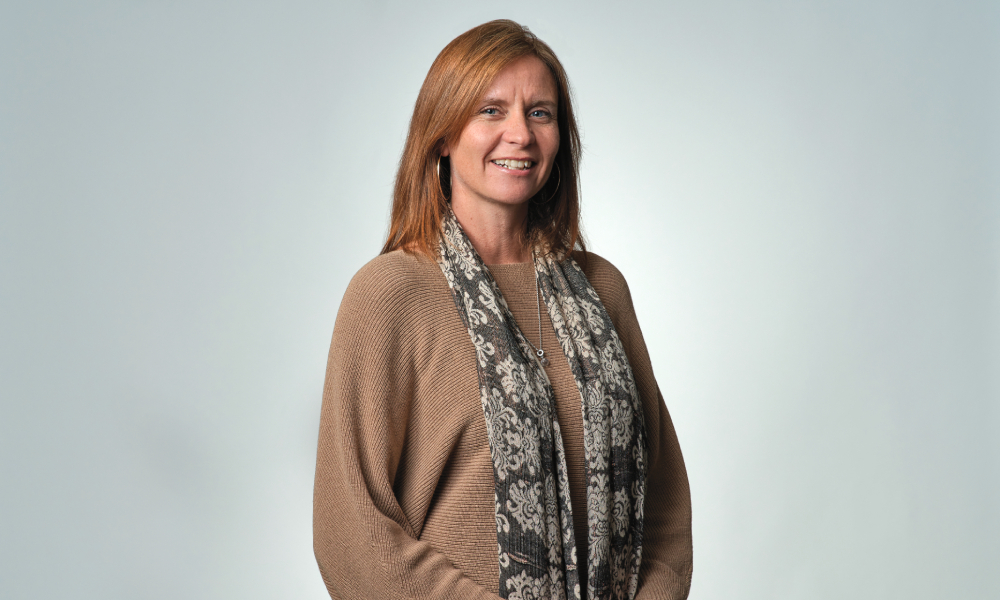
Leveling the playing field in a male-dominated industry begins with education, says CPO

As conversations around pay change from equality to equity, many HR leaders know there is still a long way to minimising the gap.
Recent law changes aim to reduce that number even further, with the NZ Equal Pay Amendment Act 2020 coming into force last month.
While globally, NZ is ahead of many other OECD nations, reducing pay disparity remains at the heart of diversity and inclusion strategy for HR leaders.
Genesis Energy CPO, Nicola Richardson, told HRD that her own previous experience of pay disparity was a motivating factor for achieving definitive change within the company.
She spearheaded the company’s Mind The Gap program in 2017 and continues to drive positive change in the D&I space.
“I realised there was a real opportunity to have a look at the way our people were getting paid from a gender perspective,” she told HRD.
“I took my own experience and have led the conversation change across Genesis Energy to reduce the difference of pay for like for like roles, and the same type of roles - what we call the pay equity gap.”
Read more: Disability in the workplace: Five areas to improve
The median pay equity gap currently stands at 1.4% for Genesis Energy employees and Richardson said regular pay analysis is the key to keeping that number low.
As part of the pay equity gap program, Genesis carries out a review every six months to analyse changes in that number.
Richardson said that while some pay differences are necessary due to competency and performance, Genesis strives to fix unreasonable differences.
Regular reviews also enable them to spot pay inequity brought in by new hires.
A 2018 policy change saw questions around the current salary of job seekers removed from their recruitment practices, something Richardson said was vital to stop pay inequity being brought into the business.
In the same year, Genesis also brought in flexibility to its parental leave program to remove the barriers that might cause pay for women to lag behind that of male employees.
The program offers paid parental leave for primary caregivers for 12 weeks, a four-week ease-back-to-work period of full pay/reduced hours and also provides two weeks paid partner leave.
But in the last 12 months, the focus on gender has gone beyond pay equity and extended to the factors that influence career progression in a typically male-dominated industry.
Genesis uses a 40, 40, 20, measure to influence gender make-up at senior levels.
Currently, 57% of the Genesis workforce are men, but the level of men and women in senior leadership roles is split at 50/50.
“We always want to have 40 females and 40 males, if we're happy with that the balance of 20 can go either way,” Richardson said. “We've been achieving that level of balance in females to male leaders for quite some time.”
It is this type of thinking that Richardson says will be pivotal to levelling the playing field.
“The gender pay policy should be baseline now for organisations, because that's about fairness and equity,” she said.
“But we should also be progressing females through organisations as much as we do with males, so it's good to check on that balance.
“One of the things that we're really taking a stand on is measuring what we call the gender gap.”
Read more: Woolworths' head of diversity shares insight
The total gender gap, which currently stands at 37.2%, was brought in as an additional measure to go beyond the like-for-like pay equity data.
It measures the gap between total median hourly wages and currently at Genesis, women earn $0.63 for every $1 that men earn.
Rather than focusing on pay, which Richardson says is just the outcome, she wants to change the thinking around inequality.
“When you start to look at the total gender gap, you go, well hang on, we have a business that's very diverse,” she said.
“We have a gearing of males in our higher paid jobs, and a gearing of females in lower paid jobs, and that's what's creating the gap.
“When you start peeling the onion back to say, well why aren't there more females in the sort of higher skilled, higher paid jobs within engineering or technology? Why have we got more females in our lower skilled jobs such as customer service.”
Richardson says this inequality is at the heart of the issue and it begins much earlier than when a woman enters the workplace.
One area Richardson is particularly passionate about is analysing the wider, cultural factors in play and exploring what Genesis can do to improve the climate for the next generation of women and girls.
She regularly speaks at events within schools to inspire and encourage girls with an interest in STEM and prepare them to overcome some of those societal hurdles in place.
“We're running into grassroot levels now to try and tackle some of the systemic barriers and biases that are in place to try and really create some excitement and longevity for girls to take the STEM type careers with us,” she said.
“That's resulted from really thinking more strategically and holistically about gender and pay.”